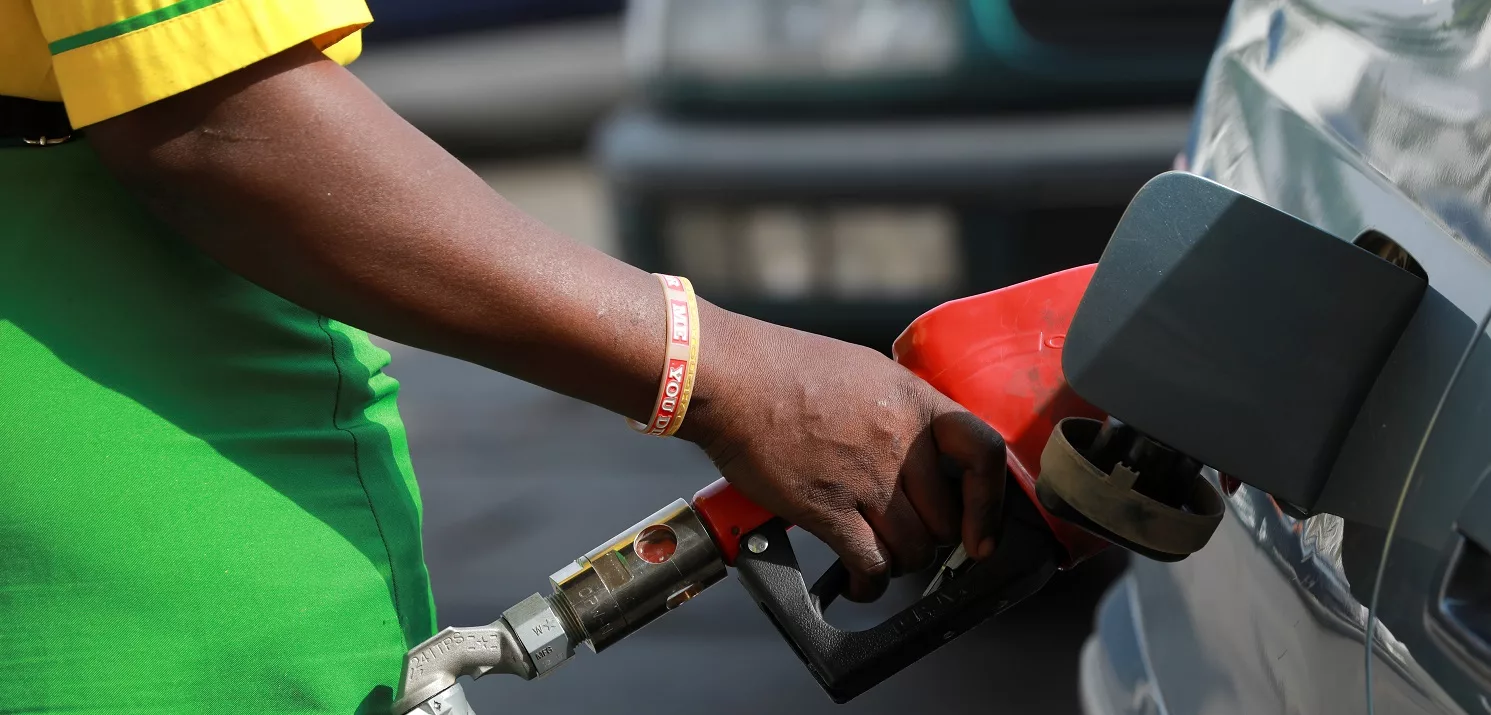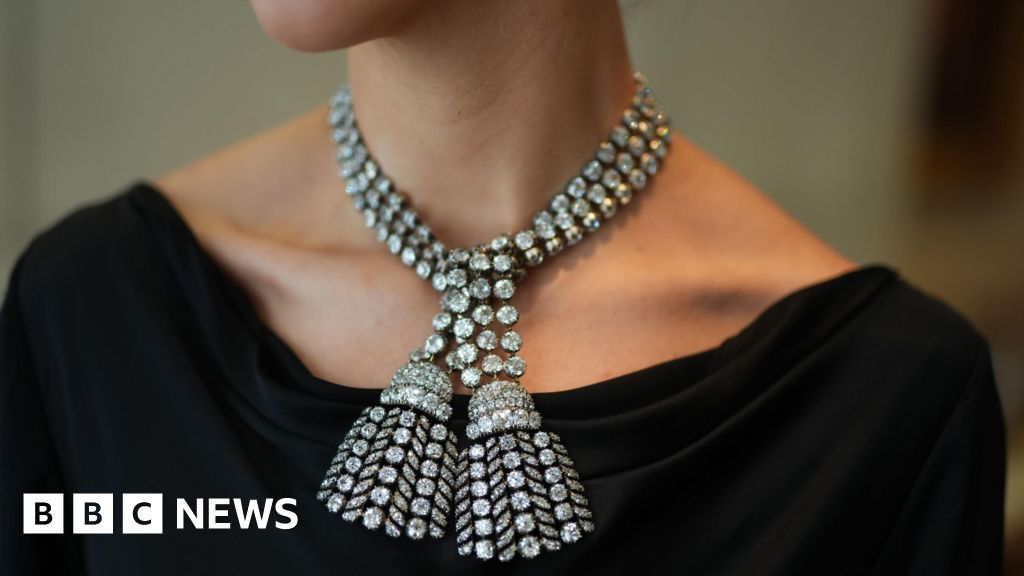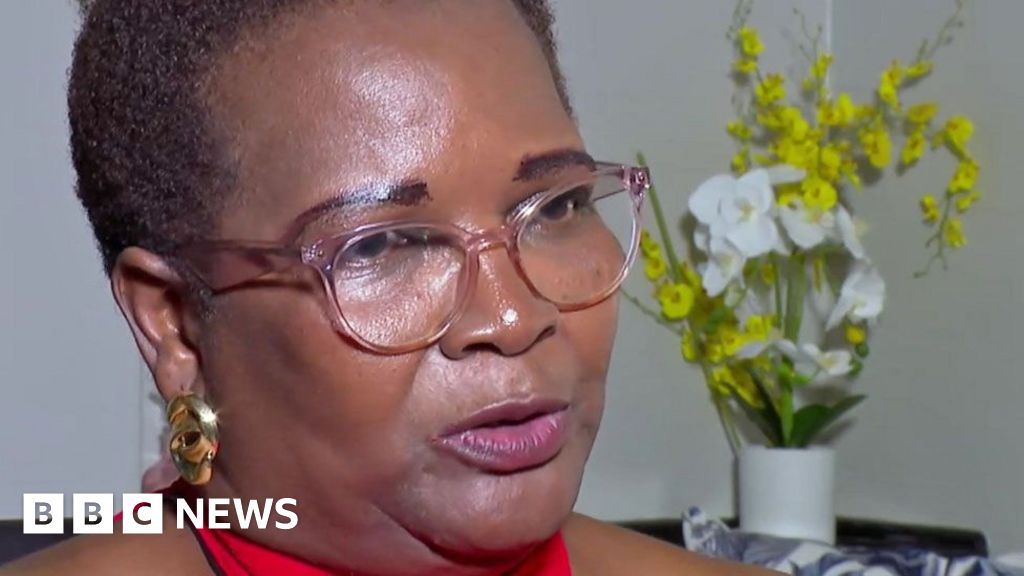Breast flattening is an under-reported practice with critical consequences for both the victims and society. Such a practice calls for urgent intervention to safeguard the lives and dignity of teenage girls. African countries should prioritise and address the ancient harmful practice by raising awareness and ensuring that the crime attracts a stricter punishment.
In some parts of Africa, breast flattening remains an existing cultural practice against pubescent girls. Also called breast ironing, it threatens the victims’ right to life and against any form of torture. The cultural practice is the process of using a heated stone, spatula, hammer, or any similar object to flatten the breasts of pubescent girls to delay their breast development.
According to the Africa Health Organisation, breast flattening leaves girls vulnerable to health conditions like cancer, destruction of the breast, and damage of the breast duct, among many other health-related challenges. Breast flattening is also a cause of death and psychological harm to young girls. Such a practice constitutes an abuse of the child and undermines the human dignity of the victim.
Article 3 of the Universal Declaration of Human Rights (UDHR) states that everyone has the right to life. Similarly, Article 5 advocates against the subjection of any person to torture or any cruel, inhuman, or degrading treatment or punishment. Breast flattening violates the two articles of the UDHR. Thus, it is a form of gender-based violence that calls for the strengthening of laws and regulations against its practice. There is a need for awareness of its life-endangering consequences. Furthermore, given the lasting psychological, social, and mental effects of breast flattening on its victims, rehabilitation should be made accessible to surviving victims by the Ministry of Health and concerned non-governmental organisations.
In Nigeria, the Violence Against Persons and Prohibition Act stipulates that anyone guilty of any harmful traditional practice like breast flattening is liable to a term of imprisonment not exceeding four years or a fine not exceeding ₦500,000 or both. In the UK, relatives or anyone guilty of breast flattening is liable to ten years in prison. However, despite the legal measures, breast flattening remains rampant in Nigeria and the UK. For a crime which could cost the lives of its victims, the punishments meted out to perpetrators are not severe enough, especially in African countries where the practice is considered a tradition. As a life-threatening crime, legislators should pass laws and regulations that will make breast flattening attract stricter punishments. The judiciary should imprison offenders for not less than fifteen years, with no fine option.
In most communities where breast flattening is practiced, offenders are unaware of the hazardous effects it has on the psychological and mental well-being of the victims. Also, parents who subject their daughters to breast flattening are often unaware of other measures to take to protect their young girls from the misconduct of sexual predators. Therefore, awareness and education are necessities to eradicate this practice. Non-governmental organisations (NGOs) whose interests border on women and the girl child should make it a duty to sensitise parents, especially mothers, about the life-threatening consequences of breast flattening.
Some surviving victims find it difficult to relate to men, as they have been made to see them as their enemies while growing up. Victims often go through post-traumatic stress disorder, which they might not be able to recover from alone. Thus, NGOs and well-meaning individuals concerned about women’s health should make comprehensive rehabilitation accessible for surviving victims. The rehabilitation process should address both the physical and psychological aspects of recovery.
Similarly, since most parents who engage in the practice claim to do so to protect their girls from sexual predators, alternative measures to protect pubescent girls should be encouraged. Parents can shield their young girls from sexual predators by having open conversations that border on age-appropriate education about personal boundaries, consent, and what constitutes inappropriate behaviour, alongside the supervision and monitoring of the girls to know the company they keep. The government should also enforce laws and policies like eighteen years as the minimum age of consent and mandatory reporting requirements for suspected abuse to protect young girls from sex offenders.
Nigerians need credible journalism. Help us report it.
PREMIUM TIMES delivers fact-based journalism for Nigerians, by Nigerians — and our community of supporters, the readers who donate, make our work possible. Help us bring you and millions of others in-depth, meticulously researched news and information.
It’s essential to acknowledge that news production incurs expenses, and we take pride in never placing our stories behind a prohibitive paywall.
Will you support our newsroom with a modest donation to help maintain our commitment to free, accessible news?
In addition to endangering lives, breast flattening torments and traumatises. For some surviving victims of the barbaric act, the experience haunts them even into adulthood and affects their perception of men and society. Some surviving victims find it difficult to relate to men, as they have been made to see them as their enemies while growing up. Victims often go through post-traumatic stress disorder, which they might not be able to recover from alone. Thus, NGOs and well-meaning individuals concerned about women’s health should make comprehensive rehabilitation accessible for surviving victims. The rehabilitation process should address both the physical and psychological aspects of recovery.
Breast flattening is an under-reported practice with critical consequences for both the victims and society. Such a practice calls for urgent intervention to safeguard the lives and dignity of teenage girls. African countries should prioritise and address the ancient harmful practice by raising awareness and ensuring that the crime attracts a stricter punishment.
Immanuel Táiyéwò Fáwọlé is a writing fellow at African Liberty.
Support PREMIUM TIMES' journalism of integrity and credibility
At Premium Times, we firmly believe in the importance of high-quality journalism. Recognizing that not everyone can afford costly news subscriptions, we are dedicated to delivering meticulously researched, fact-checked news that remains freely accessible to all.
Whether you turn to Premium Times for daily updates, in-depth investigations into pressing national issues, or entertaining trending stories, we value your readership.
It’s essential to acknowledge that news production incurs expenses, and we take pride in never placing our stories behind a prohibitive paywall.
Would you consider supporting us with a modest contribution on a monthly basis to help maintain our commitment to free, accessible news?
TEXT AD: Call Willie - +2348098788999


















 English (US) ·
English (US) ·